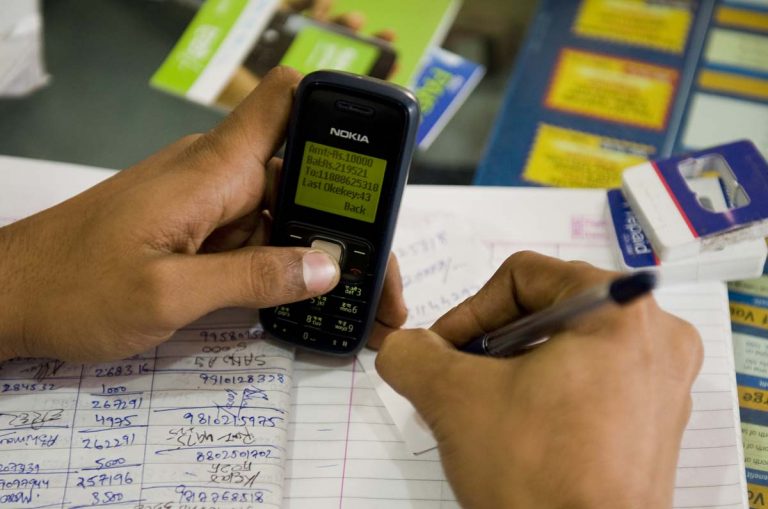
Mobile money providers are significantly transforming financial behaviors by promoting financial responsibility for customers.
These MMPs are actively addressing the challenges of over-indebtedness through technology, responsible practices, and regulatory collaboration. A key focus has been the Integration of AI-driven credit-scoring algorithms that enhance their ability to understand borrower behavior and offer tailored repayment options that help prevent defaults.
A GSMA State of the Industry report on mobile money 2025, revealed that in India, Airtel Payments Bank has implemented an AI-powered system to assess creditworthiness, enabling personalized financial solutions for users. These technological advancements are laying the groundwork for more inclusive financial ecosystems. For instance, AI tools can analyze customer data to better predict repayment capacity.
Register for Tekedia Mini-MBA edition 19 (Feb 9 – May 2, 2026).
Register for Tekedia AI in Business Masterclass.
Join Tekedia Capital Syndicate and co-invest in great global startups.
Register for Tekedia AI Lab.
To further improve responsible lending, some digital financial service providers are experimenting with strategies like “positive frictions”, which is a deliberate delay in loan disbursement to give users time to reflect before accepting credit.
One notable player is Jumo, a South African fintech that facilitates digital financial services such as credit and savings in emerging markets by way of USSD short codes. The fintech is partnering with MMPs across Africa to incorporate additional decision-making steps into their digital credit services, helping borrowers make informed financial decisions.
It is worth noting that efforts to improve responsible lending are not limited to private players. In 2024, the Central Bank of Kenya launched the Chora Plan Campaign, encouraging financial service providers to collaborate with regulators to design better products and prioritize consumer protection.
The launch of the Chora Plan campaign comes in response to the low levels of savings and high financial illiteracy rates in Kenya. According to a 2021 Global Financial Literacy Survey, only 38% of Kenya’s population is financially literate, highlighting an urgent need for enhanced financial education. This initiative is already benefiting mobile money users, especially as licensed banks in Kenya work closely with MMPs to deliver digital credit services.
Notably, across Sub-Saharan Africa, MMPs are becoming more proactive in addressing over-indebtedness. In Kenya, Safaricom has integrated financial literacy training into its outreach. Meanwhile, MTN Uganda and Ericsson partnered in 2024 to promote financial literacy through a nationwide campaign.
Regulators are also stepping up. In Pakistan, the State Bank of Pakistan held countrywide literacy camps during its 2024 Financial Literacy Week. Similarly, in Nigeria, the Central Bank announced plans in October 2024 to introduce financial literacy into school curricula, aiming to instill financial skills like saving, budgeting, and investing early in life.
Together, these initiatives form a comprehensive response to the growing issue of over-indebtedness in emerging markets. By focusing on consumer education, ethical lending, and regulatory cooperation, the mobile money industry is paving the way for sustainable financial inclusion, even in underserved communities.
While the risk of over-indebtedness remains, a data-driven and pragmatic approach to digital credit can ensure that the benefits of financial access outweigh the downsides. That said, a critical regulatory gap still exists: the absence of open data policies. This creates data asymmetry, making it difficult to assess a customer’s creditworthiness across platforms. Even in markets with established credit reference agencies, access to timely, comprehensive credit data is still a challenge.
Ultimately, the solution lies in balancing innovation with consumer protection. As mobile money services continue to evolve, responsible digital credit—backed by smart regulation and cross-sector collaboration—will be key to unlocking greater financial inclusion across emerging economies.



